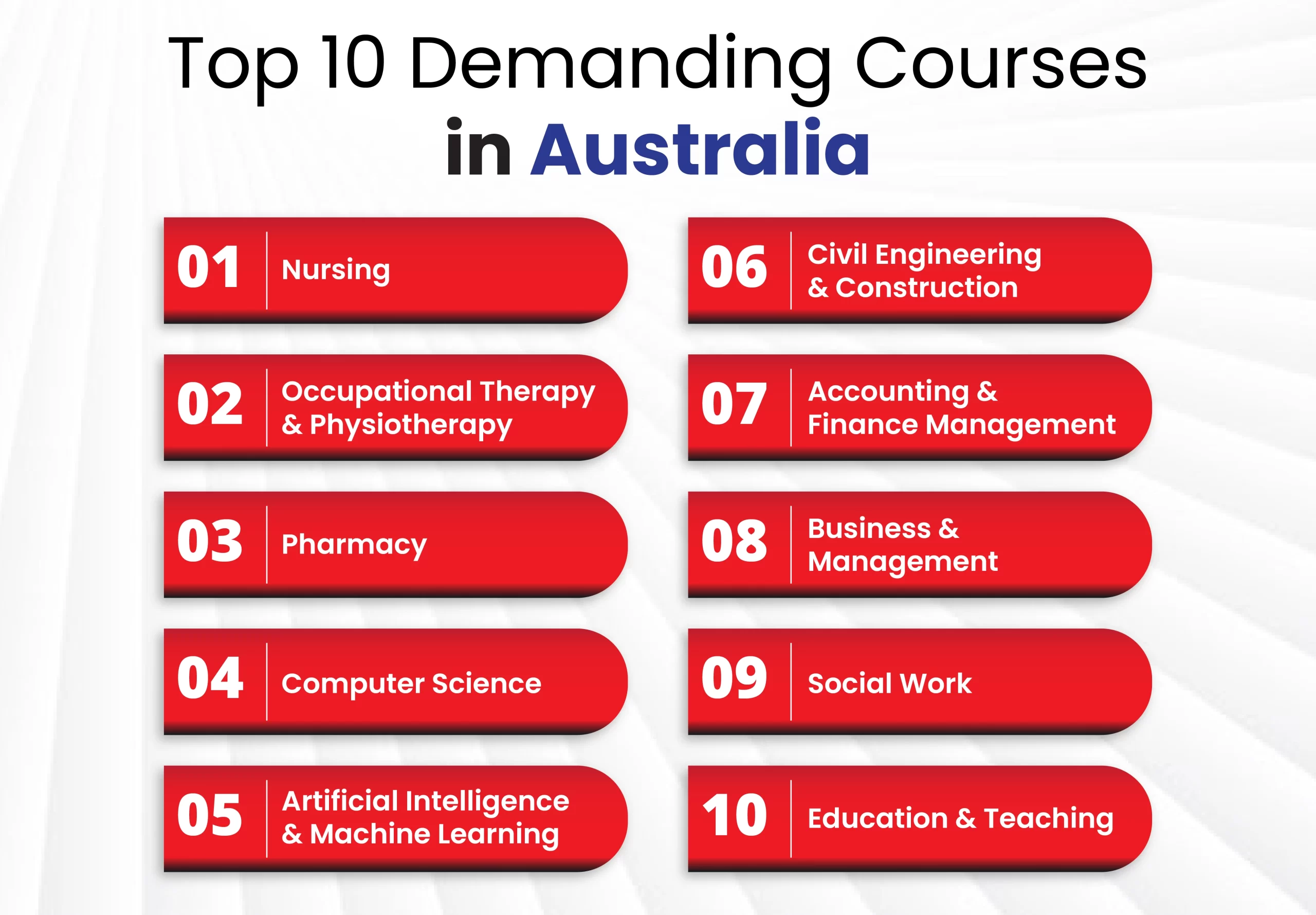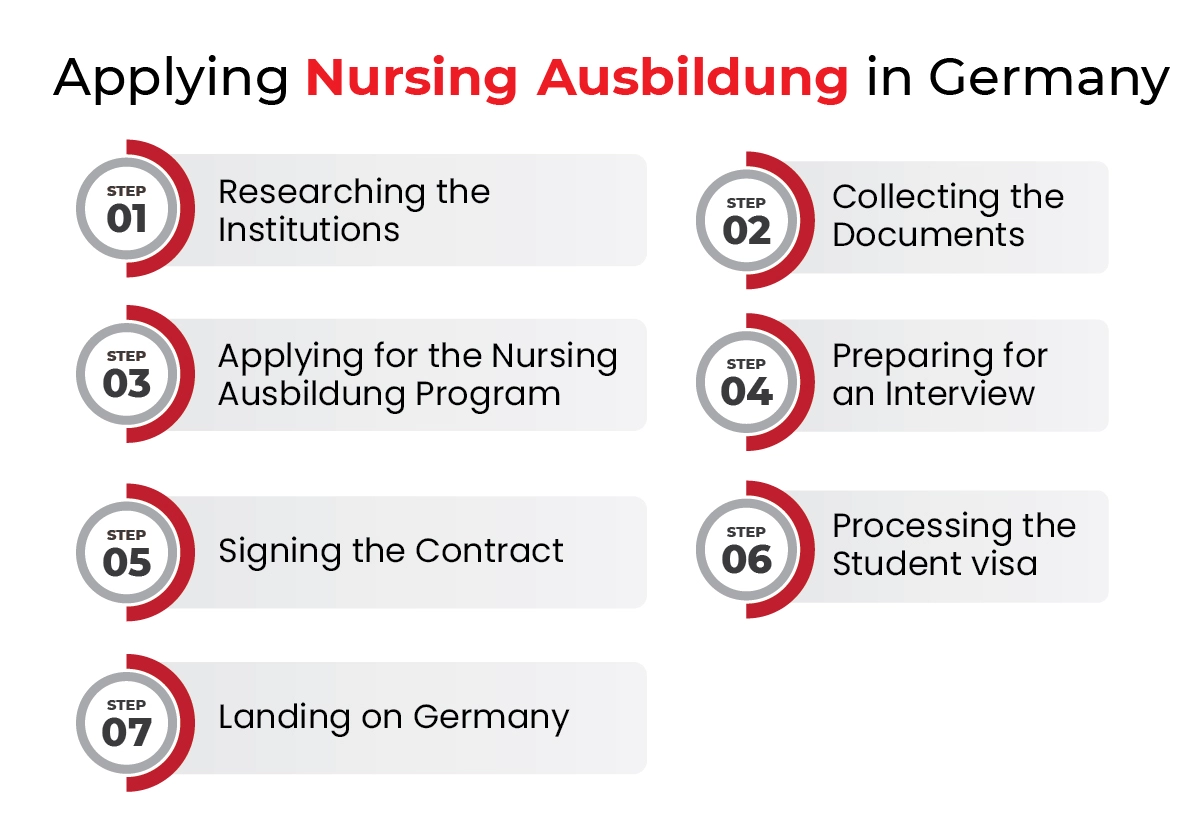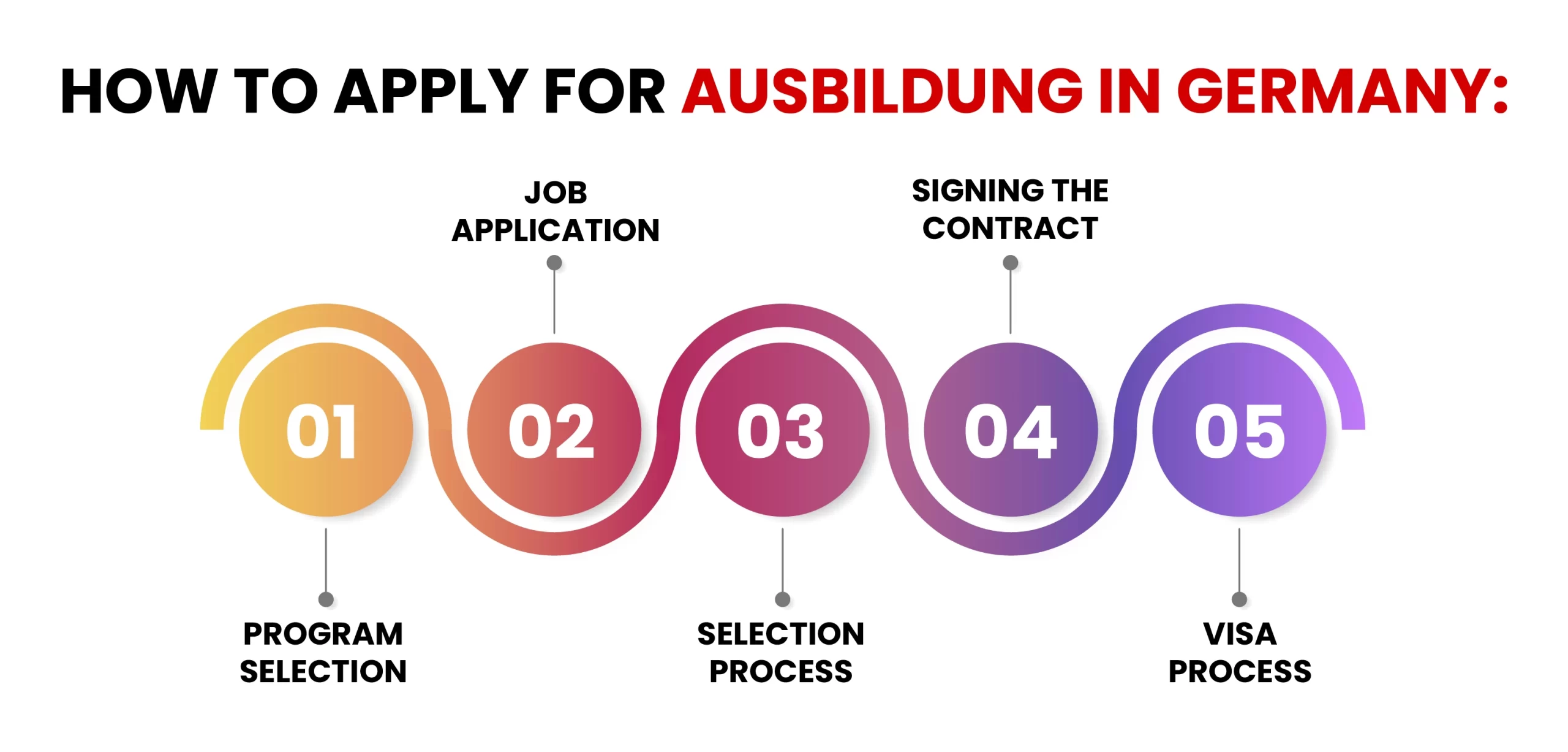In this blog, we explore the top demanding courses in Australia for international students in 2025. We also explore the short-term courses in Australia, courses that are eligible for PR in Australia. Without any further due, let’s take a look at them, shall we?
Now, before that, if you are thinking why you should choose Australia as your study abroad destination, it is because the country offers a world-class education and promising career opportunities; and the programs not only prepare students for successful careers but also provide pathways to permanent residency in one of the most innovative countries in the world. Thus, Australia is one of the favoured destinations for students who wish to pursue their higher education in an international setting.
Table of Content
1Top 10 Demanding Courses in Australia2Short Term Courses in Australia3Which Courses are In Demand in Australia for PR4Conclusion5Frequently Asked Questions
Top 10 Demanding Courses in Australia

Here are the top 10 demanding courses in Australia:
1. Nursing
To say, pursuing a nursing degree at the top universities in Australia prepares you and equips you with the skills to make a meaningful impact in the healthcare industry. Nursing programs in Australia offer you clinical experience, building confidence in you and expertise in patient care. The Nursing profession is consistently listed on the Skilled Occupation List, even providing professionals with opportunities for Permanent Residency in Australia.
| Eligibility Criteria |
|
| Top Universities |
|
| Degrees to pursue |
|
| Average Tuition Fees |
|
| Job Opportunities |
|
| Top Recruiters |
|
2. Occupational Therapy and Physiotherapy
Occupational Therapy and Physiotherapy Programs equip students with theoretical knowledge, and the latest techniques and approaches used in the field. A wide range of subjects like anatomy, physiology, rehabilitation, and patient care are covered preparing the students for various roles and they get hands-on experience through clinical placements. These professions paves the way to Permanent Residency in Australia like most healthcare professions.
| Eligibility Criteria |
|
| Top Universities |
|
| Degrees to pursue |
|
| Average Tuition Fees |
|
| Job Opportunities |
|
| Top Recruiters |
|
3. Pharmacy
Students receive training in clinical pharmacy, pharmacology, pharmaceutical chemistry, patient safety, and other healthcare services making them well-prepared for diverse roles to manage complex medical scenarios and the safe and effective use of medicines. With state-of-the-art facilities equipped at most universities, students get insights and exposure to the latest advancements in pharmaceutical science.
| Eligibility Criteria |
|
| Top Universities |
|
| Degrees to pursue |
|
| Average Tuition Fees |
|
| Job Opportunities |
|
| Top Recruiters |
|
4. Computer Science
Computer Science is one of the most demanding courses in Australia. The curriculum covers topics such as artificial intelligence, cybersecurity, data science, and software engineering making sure that the students get the in-demand skills needed to thrive in a competitive industry. The thriving tech industry and high demand for IT professionals in the country provide excellent job prospects both locally and internationally after graduation.
| Eligibility Criteria |
|
| Top Universities |
|
| Degrees to pursue |
|
| Average Tuition Fees |
|
| Job Opportunities |
|
| Top Recruiters |
|
5. Artificial Intelligence and Machine Learning
Artificial Intelligence (AI) and Machine Learning (ML) courses in Australia are very popular because of the country’s strong reputation in technology and innovation. Students learn about neural networks, deep learning, and natural language processing, equipping students with the skills to develop cutting-edge AI innovations and solutions. These professionals are wanted in sectors like healthcare, finance, and robotics.
| Eligibility Criteria |
|
| Top Universities |
|
| Degrees to pursue |
|
| Average Tuition Fees |
|
| Job Opportunities |
|
| Top Recruiters |
|
6. Civil Engineering and Construction
Being one of the most demanding courses in Australia, students learn how to design, plan, and test infrastructure and many other facilities. The coursework ensures that students get to work on real-life projects through internships, site visits, and industry collaborations. With an increasing demand for skilled civil engineers in Australia, graduates get attractive job prospects in any field they wish to pursue their career. They are also highly sought after all over the world for their technical expertise.
| Eligibility Criteria |
|
| Top Universities |
|
| Degrees to pursue |
|
| Average Tuition Fees |
|
| Job Opportunities |
|
| Top Recruiters |
|
7. Accounting and Finance Management
Most courses in the country are accredited by professional organizations which increases employability. Resources such as financial laboratories, and internships in major companies are some of the factors which attract students from worldwide. Students get to work in diverse sectors after graduation like accounting firms, corporate finance, banking, investment management etc, as this country is one of the best countries to pursue a career as it boasts a well-regulated financial system.
| Eligibility Criteria |
|
| Top Universities |
|
| Degrees to pursue |
|
| Average Tuition Fees |
|
| Job Opportunities |
|
| Top Recruiters |
|
8. Business and Management
Being one of the most demanding courses in Australia, this course has a wide range of specializations from international business to general management, with focused areas like entrepreneurship, marketing, human resources, and finance. These courses cover core principles like strategic management, accounting and economics. Almost every university provides case studies, simulations, internships and placements. Now, if you are ready to climb the corporate ladder or launch your own startup, this course offers you a strong foundation in a competitive world.
| Eligibility Criteria |
|
| Top Universities |
|
| Degrees to pursue |
|
| Average Tuition Fees |
|
| Job Opportunities |
|
| Top Recruiters |
|
9. Social Work
One of the most demanding courses in Australia! The curriculum includes topics, like social welfare policy, human behaviour, community development, and ethical practice. Students learn about advocacy, case management, and intervention strategies, preparing them to work with different people. They get practical experience through field placements and internships, allowing them to apply their knowledge in real-life situations and develop professional competencies. One can pursue careers in community organisations, government agencies, healthcare facilities, and schools after graduation.
| Eligibility Criteria |
|
| Top Universities |
|
| Degrees to pursue |
|
| Average Tuition Fees |
|
| Job Opportunities |
|
| Top Recruiters |
|
10. Education and Teaching
In Australia, these courses provide aspiring educators with the knowledge and skills necessary and cover a range of pedagogical approaches, curriculum development, educational psychology, and classroom management techniques. Students get to learn about the various teaching methods and how to create inclusive environments and experiences for students of all ages and backgrounds. The curriculum emphasises gaining practical experience allowing students to gain hands-on experience and develop their professional skills. After graduation, students can pursue careers as teachers in early childhood, primary, secondary, or special education teachers.
| Eligibility Criteria |
|
| Top Universities |
|
| Degrees to pursue |
|
| Average Tuition Fees |
|
| Job Opportunities |
|
| Top Recruiters |
|
Short Term Courses in Australia
There are several short-term demanding courses in Australia which offer you very quick skill development and better job opportunities. The duration of these Certificate and diploma courses in Australia lasts 3 months to 1 year depending upon the program and the university. These courses are available in fields like Healthcare, IT, Business, Hospitality etc. The fees even range widely from AUD 3000 to AUD 20,000 which entirely depends on the course and the institution.
While most of the short-term courses do not directly lead you to get a Permanent Residency in Australia, with some exceptions making you eligible for a post-study work permit and PR after your graduation.
So, choosing a course that’s aligned with Australia’s Skilled Occupation List for better migration prospects is very important.
These are some of the short-term courses that are available.
- Graduate Certificate Programs (Business, IT, Management)
- Diploma and Certificate Courses (Hospitality, Nursing, Trades)
- Cybersecurity and Data Analytics
- Accounting and Finance
- Marketing and Digital Media
For more specific information, check university websites and government websites to check for which courses are eligible for PR, or contact CanApprove.
Which Courses are In Demand in Australia for PR
With many courses to study in Australia, the demanding courses in Australia for PR are listed under the Australia’ Skilled Occupation List. Here are some of the PR courses in Australia:
- Nursing and Healthcare
- Occupational Therapy
- Pharmacy
- Information Technology (IT)
- Engineering
- Accounting and Finance
- Teaching and Education
- Social Work
- Automotive and Trade Courses
Conclusion
In 2025, Australia continues to offer its international students high-demand courses in Healthcare, IT, Engineering, Accounting, and Teaching. These fields not only provide strong career opportunities but also opportunities for obtaining permanent residency in the country.
Now, if you’ve already decided to pursue your dream course at the top universities in Australia, there’s no need to think twice. The opportunities are vast, scholarships to study in Australia are plenty and choosing the right course can open doors to exciting opportunities and can shape your future.
Why wait? CanApprove is here to assist you every step of the way. Get in touch with us today and move forward with confidence!













